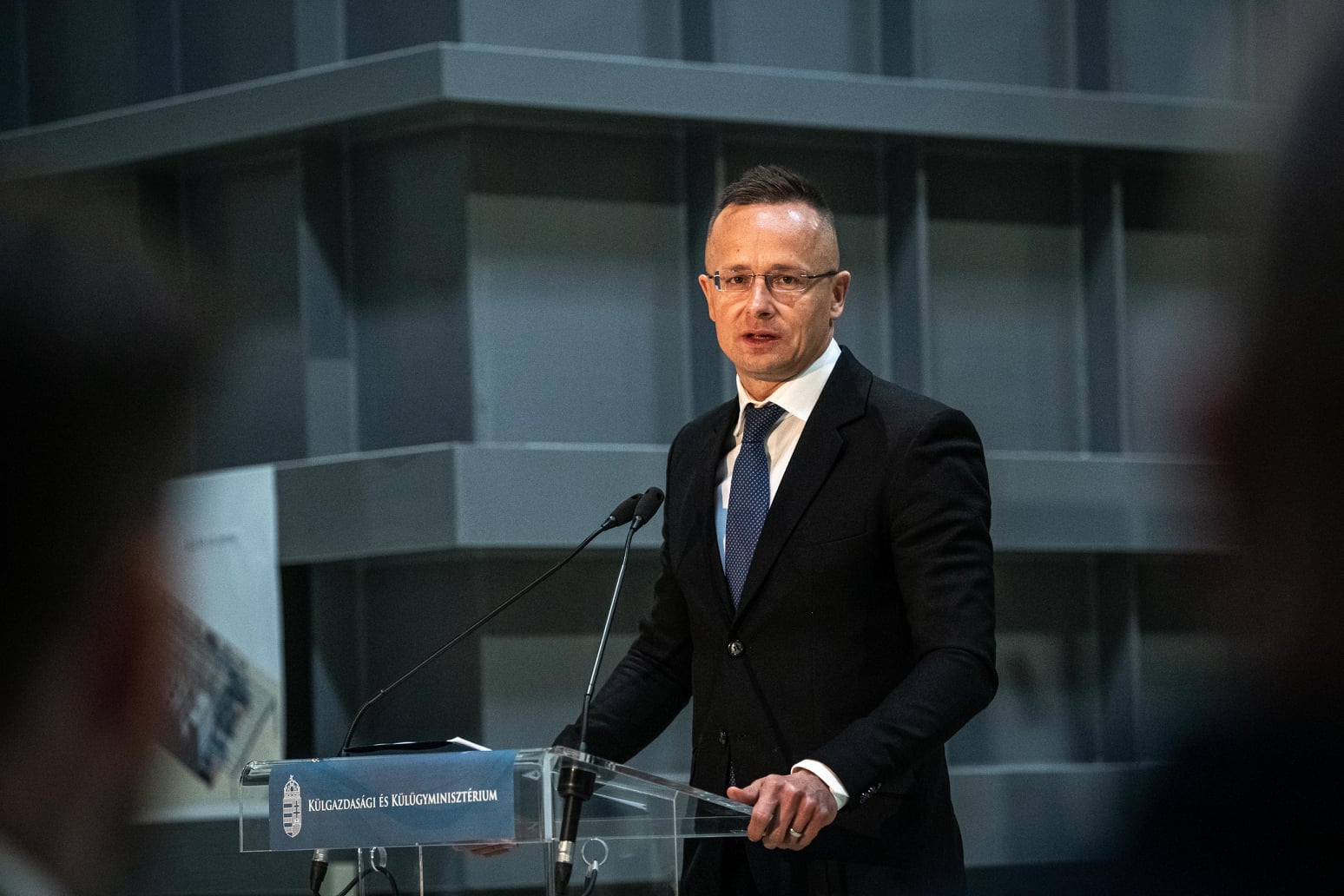
The plan to roll out the global minimum corporate tax in Europe next year as the rest of the world sits back and watches, would put European companies at a competitive disadvantage, Szijjártó said.Continue reading

The European Union’s planned global minimum tax for large corporations would bring a competitive disadvantage to Europe, as nowhere else has such a measure been introduced as a mandatory regulation with a short-notice starting date, the state secretary for international communication and relations told French journalists late on Tuesday.
Zoltán Kovács briefed the French press on the Hungarian government and parliament’s rejection of the planned European Union directive to levy a global minimum tax against multinational companies. He also talked about Ukraine’s EU candidacy and energy policy issues- the main topics of the EU summit starting on Thursday.
After the meeting, Kovács told MTI that given the changed circumstances compared to previous negotiations, with a war at Europe’s borders, the Hungarian government considers it a “bad idea” to make decisions on the European tax system which
would bring a competitive disadvantage to Europe relative to the rest of the world, as nowhere else has such a measure been introduced as a mandatory regulation with a short-notice starting date.
Kovács pointed out that “Europe’s competitiveness has been declining in recent years,” and that the continent is “losing its place in the world economy, in investment, and in competitiveness much faster than previously thought.”
The state secretary also noted that the planned tax would in effect double the burdens of commodity-producing companies operating in Hungary, compared with the current nine percent corporate tax rate. Drawing those companies to the country was key to creating 1 million jobs over the past few years while keeping taxes low and simultaneously “expanding the budgetary room for maneuver,” he added.
The state secretary believes that the directive would risk jobs in Hungary and bring about a competitive disadvantage, and so it is contrary to national interests.
Regarding the two-day European Council meeting starting on Thursday, Kovács said the bloc’s enlargement is in Hungary’s interest, especially in connection with policy for Hungarians across the border. Hungary supports the EU candidacy of Ukraine, Moldova, Georgia, and Bosnia and Herzegovina, because the enlargement is “a guarantee of European security and the solution to many economic and social issues,” he added.
via MTI
Featured photo by Zoltán Máthé/MTI